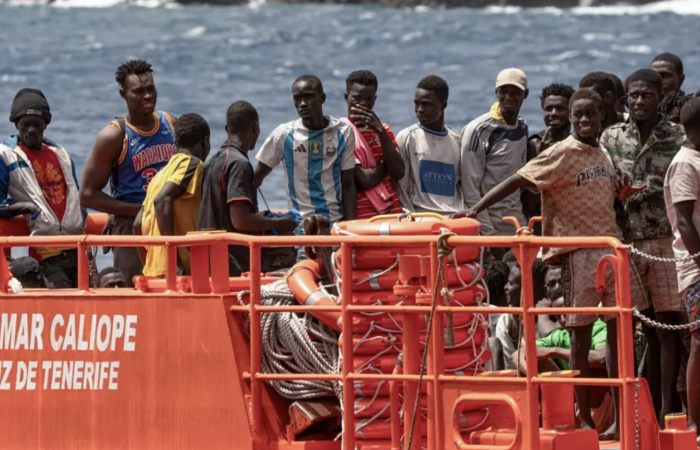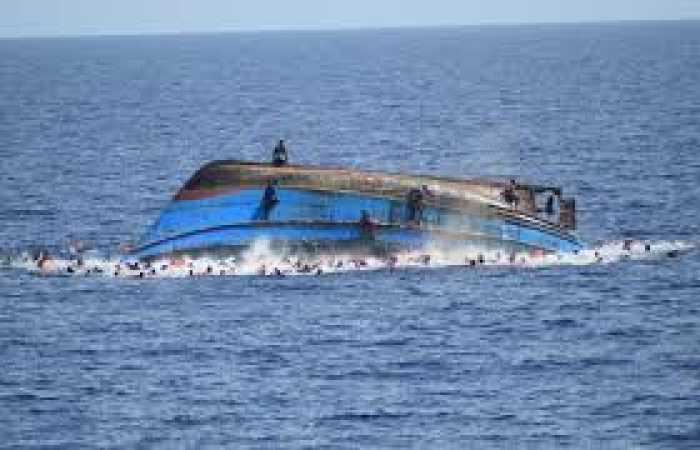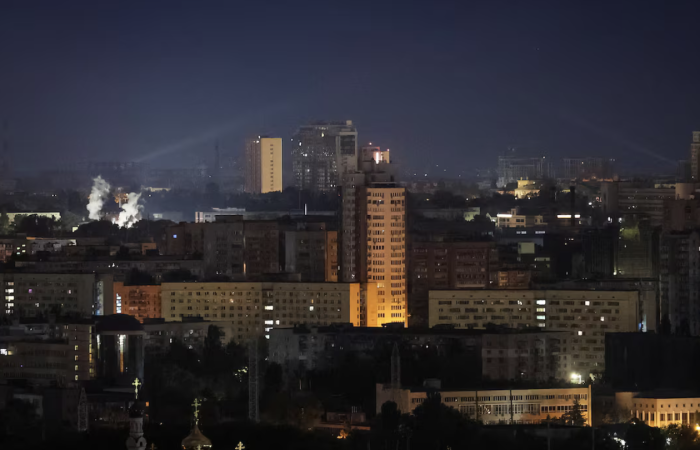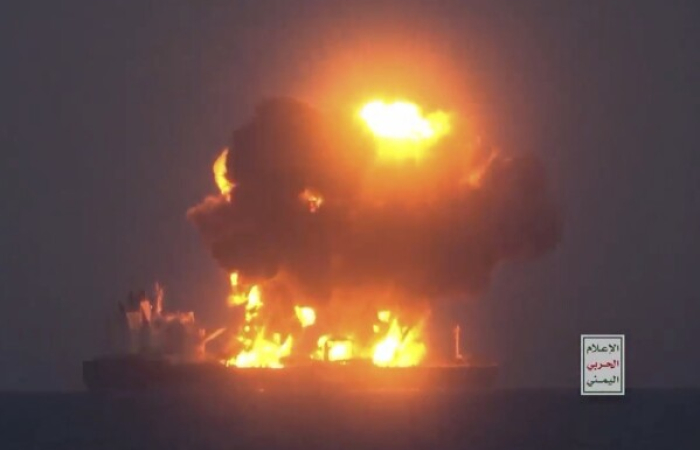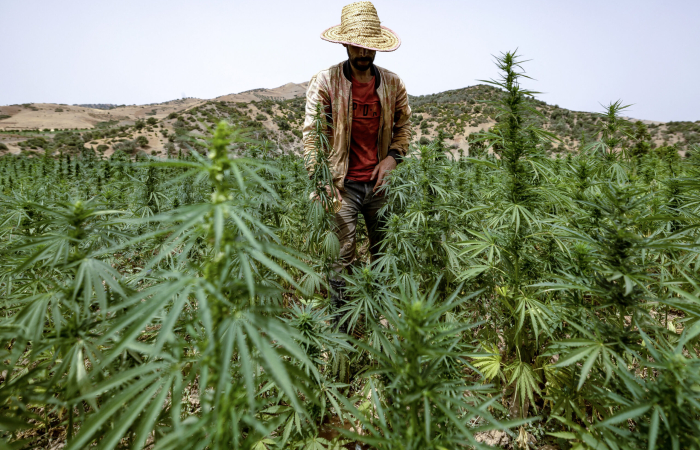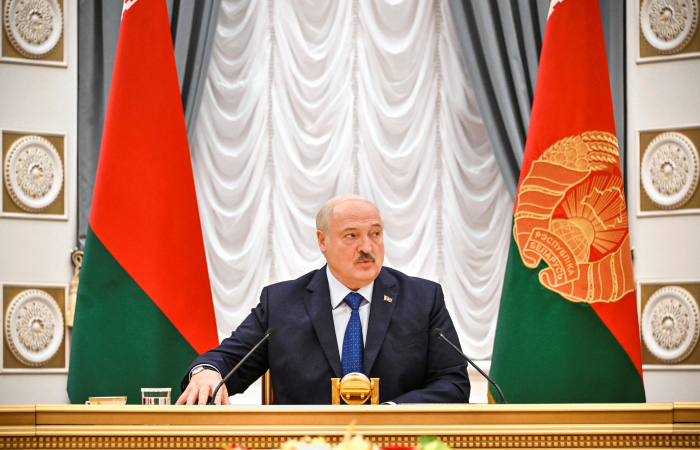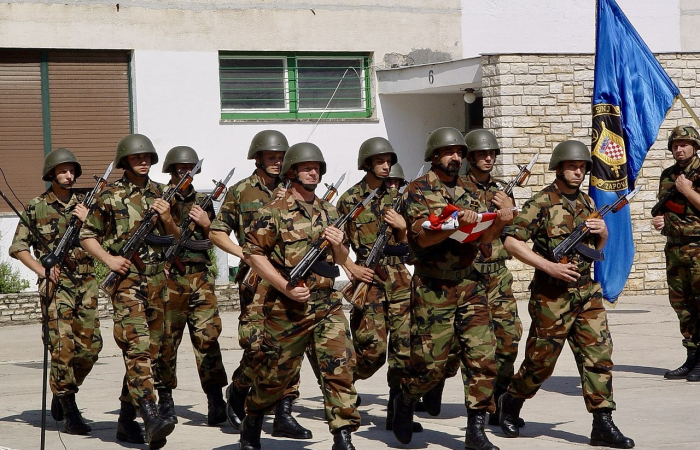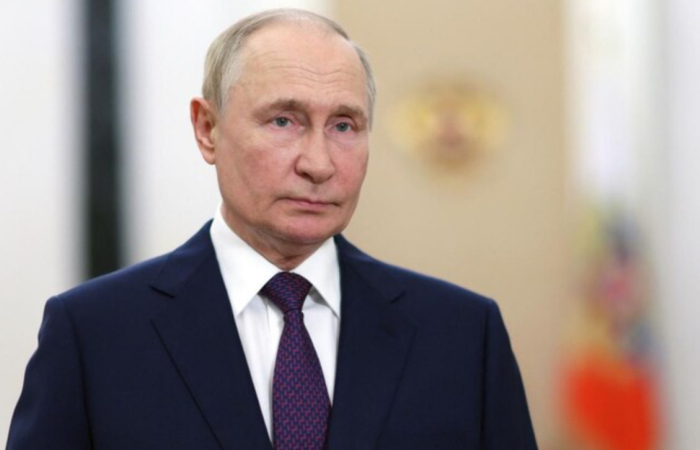Trending
Thousands of migrants try to enter Spanish enclave of Ceuta
27 August 2024
Thousands of migrants have tried to cross the border from Morocco into the Spanish enclave of Ceuta in recent days, Spanish authorities said on Monday (26 August). Among these migrants, hundreds of young people have attempted to swim around border controls. Cristina Pérez, the Spanish government's representative in Ceuta, told reporters on Monday (26 August) that since Thursday (22 August) an average of 700 people a day had tried to breach the border, with a peak of 1,500 attempts on Sunday (25 August). While Pérez did not specify how many migrants had successfully reached Ceuta, she noted that authorities were returning 150 to 200 people a day to Morocco under Spanish laws that allow for 'border rejections'. She thanked the Moroccan authorities for their "loyal cooperation".



